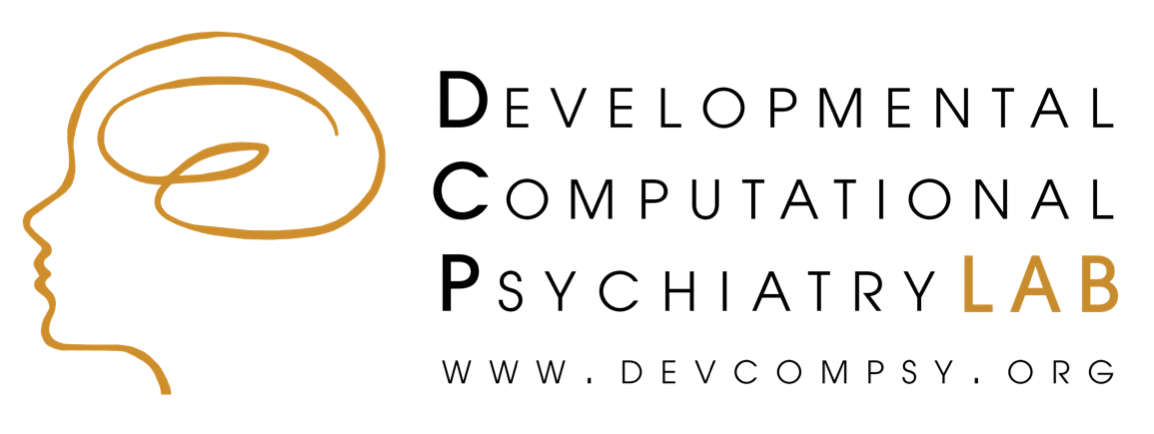A New Framework on Metacognition – Bridging Cognitive Neuroscience and Clinical Psychology
Across cognitive neuroscience and clinical disciplines, metacognition — the capacity to reflect on one’s own thoughts and actions — has become central to understanding mental health. Yet the ways these fields approach metacognition diverge. Cognitive neuroscience examines how the brain monitors and generates confidence in constrained tasks, whereas clinical disciplines focus on self-beliefs, insight, and reflective capacity in everyday life. Both aim to understand dysfunctions in metacognitive capacity in mental health, but often speak different languages. In our new Nature Reviews Psychology article, “Integrating cognitive neuroscience and clinical perspectives on metacognitive mechanisms in psychopathology,” we bring these differing conceptualisations and methods together. We review advances in metacognitive research and treatments across psychiatric disorders and propose a framework for integrating them as a path forward. Specifically, we outline a hierarchical framework that links basic neural computations of self-monitoring with higher-level metacognitive beliefs relevant to clinical change. This synthesis offers ways to connect the precise measurement of neuroscience with the experiential focus of clinical metacognitive interventions to aid the advancement our understanding, development and progress of metacognitive …
